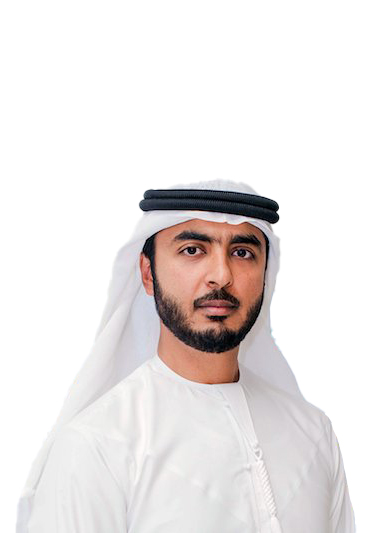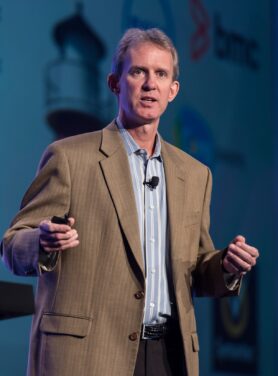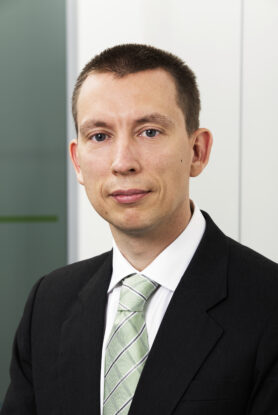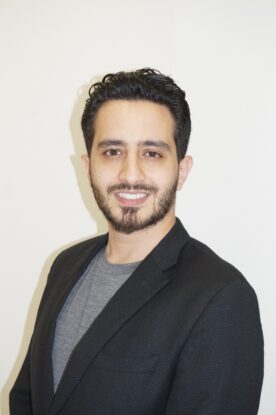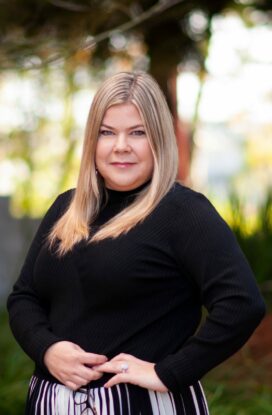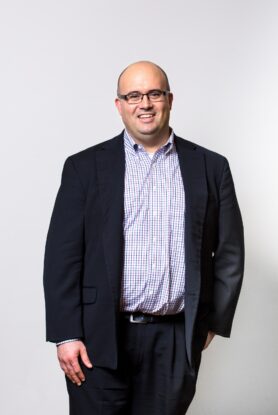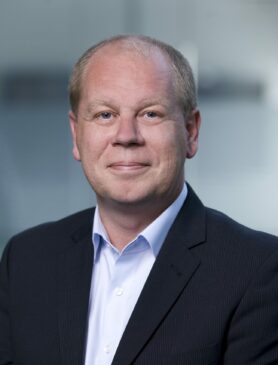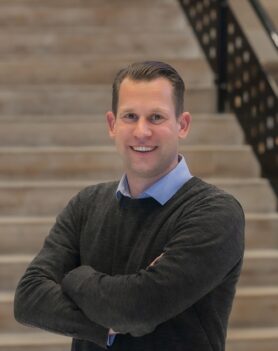The late Sheikh Zayed bin Sultan Al Nahyan’s passion for agriculture and his efforts to turn the desert land green paved the way for the UAE’s ambition to become the breadbasket of the Middle East and beyond.
Since 1971, the Founding Father’s vision has seen the country invest heavily in agricultural production, increasing the number of its farms from 4,000 to more than 35,000, over an area of more than 105,000 hectares. Despite being challenged with a scarcity of water resources and arable land, soil salinity, adverse environmental conditions and post-harvest losses, the late Sheikh Zayed recognised that only by advancing the latest technologies would his young nation overcome such hurdles.
This long-term commitment has reaped results; and combined with the UAE’s strategic location and world-leading infrastructure, the country is not only securing its food supply but contributing to the region as well.
Today, the UAE exports food to more than 130 countries; with Iraq, Saudi Arabia, Iran, Oman and Afghanistan being the top markets. In recent years, its agricultural sector has grown significantly in focus, with the nation now leading the way as the region’s primary re-export hub for food.
Within Abu Dhabi, envisioned, as a hub for food processing, storage, and distribution, KIZAD’s Food Cluster has significantly grown in recent years to become synonymous with food companies looking to serve and reach over 400 million consumers in the Middle East and Africa.
Today, many large-scale food & beverage enterprises such as National Food Products Company, BRF (Brasil Foods), Al Dahra, Binghatti and National Catering Company have made KIZAD as their base of operations and distribution in the region.
Last April, KIZAD signed with Emirati agricultural technology innovator, Madar Farms, to build the world’s first commercial-scale indoor tomato farm using only LED lights. The company will scale up the commercialisation of microgreen growing to help provide a consistent and predictable local food supply that responsibly uses the region’s natural resources.
The presence of food packaging manufacturers such as Gulf Printing and Packaging nearby, complement KIZAD’s value proposition, by enabling investors to not only take advantage of the zone’s advanced infrastructure but to establish exceptional low-cost connections between dealers and their network of suppliers and customers. Similarly, testing and certification facilities, a centralised waste processing plant, and upcoming R&D facilities and an abundant supply of clean water create an unmatched ecosystem for the food industry. This cluster-based approach not only builds a circular economy but also ensures low cost of setup and operations.
With upcoming developments of more than 455,000sqm, which include pre-built warehousing, build-to-suit facilities, and cool and cold stores ranging from 350sqm to 50,000sqm, food production, and processing and distribution companies can find facilities to suit their business requirement, with the ability to scale on demand.
KIZAD is a thriving industrial ecosystem having attracted investments of over $1.2 billion in 2019. The ability for investors to connect and collaborate with other industries from across the supply chain that lie in proximity to each other within KIZAD under a free zone and a domestic economic zone environment – is another big draw.
The zone’s showpiece, however, is Khalifa Port, the region’s first deep-water semi-automated container port, and home to two dedicated container terminals: Abu Dhabi Terminal’s ADT and CSP Abu Dhabi Terminal. With direct shipping routes to more than 70 global destinations, Khalifa Port is the zone’s crowning asset and is key to presenting investors in food production with incredible opportunities to scale globally.
In recent times, Abu Dhabi’s leadership has invested heavily in promoting the clout of its economic zones through KIZAD as well its supporting industrial offerings such as Abu Dhabi Port’s ZonesCorp portfolio, which taken together, account for upwards of $30 billion in infrastructure.
The UAE is determined to achieve national and regional food security, and increasingly investors with the global food industry are taking note: growing a business within KIZAD is the perfect recipe for success.
